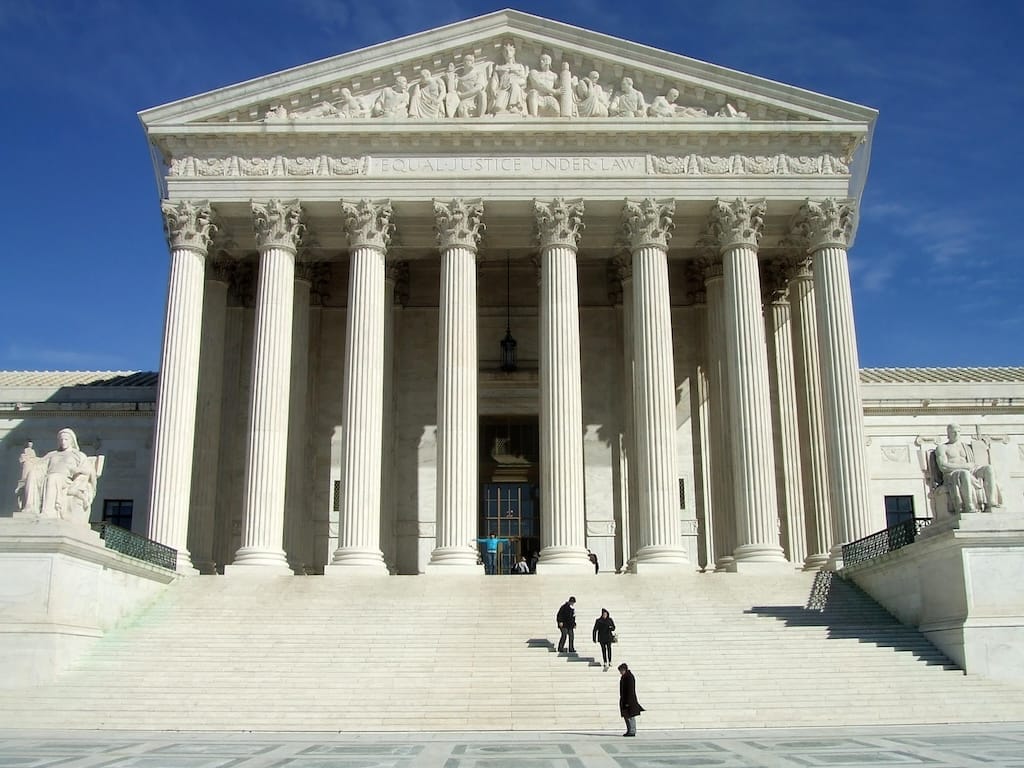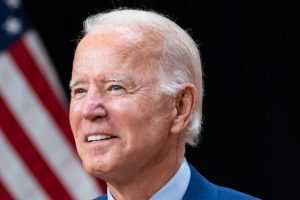
Supreme Court
A conservative advocacy group has been challenging the $8 billion fund in court.

 Photo of the U.S. Supreme Court building by Josh Berglund
Photo of the U.S. Supreme Court building by Josh Berglund
WASHINGTON, June 11, 2024 – It looks like a major broadband subsidy program run by the Federal Communications Commission is safe for now.
The Supreme Court declined on Monday to take up two challenges designed to bring down the FCC’s $8 billion Universal Service Fund (USF) as currently designed. The USF was created by Congress in 1996.
The appeals came from Consumers’ Research, a conservative nonprofit that has for the last year been asking federal judges to find the USF unconstitutional. The fund subsidizes rural broadband infrastructure, as well as internet discounts for low-income households, schools, and healthcare centers.
The USF is funded by fees on voice providers, which the FCC sets each month with a contribution factor – the percent of interstate end-user revenues that telecom carriers will pay into the fund.
Consumers’ Research has argued that the USF’s funding mechanism and the Universal Service Administrative Company, the entity set up by the FCC to manage the USF, violated the Constitution.
Judges have not been receptive to those arguments so far, with rejections coming from the Sixth and Eleventh Circuit courts of appeal. Those are the decisions the group unsuccessfully tried to appeal to the nation’s highest court.
The more conservative Fifth Circuit also sided with the FCC, but the court agreed last summer to rehear the case with a full panel of judges, which happened in September. The court has yet to issue a ruling, but Consumers’ Research argued to the high court that it was “poised” to side against the FCC and create conflicting precedent.
The agency argued that hearing the case before a Fifth Circuit ruling would be premature. So did broadband trade groups that have used the subsidy to invest in hard-to-reach areas.
Consumers’ Research has also argued that Congress did not set out enough of an “intelligible principle” for the agency to follow in managing the fund, and that the agency abused what authority it does have by delegating management duties to USAC.
Judges have repeatedly rejected those arguments, finding that the Telecommunications Act of 1996 passed the relevant legal test and that USAC was still functionally under the FCC’s control.
Lawmakers are looking to reform the USF, as voice revenues decline and the program continues to fund broadband deployments. Where exactly the extra money will come from has been a point of contention – advocates chastised the FCC when it refused to tap broadband providers for contributions when the agency made them common carriers in April, and broadband trade groups have asked that software companies like Google also pay into the fund.

